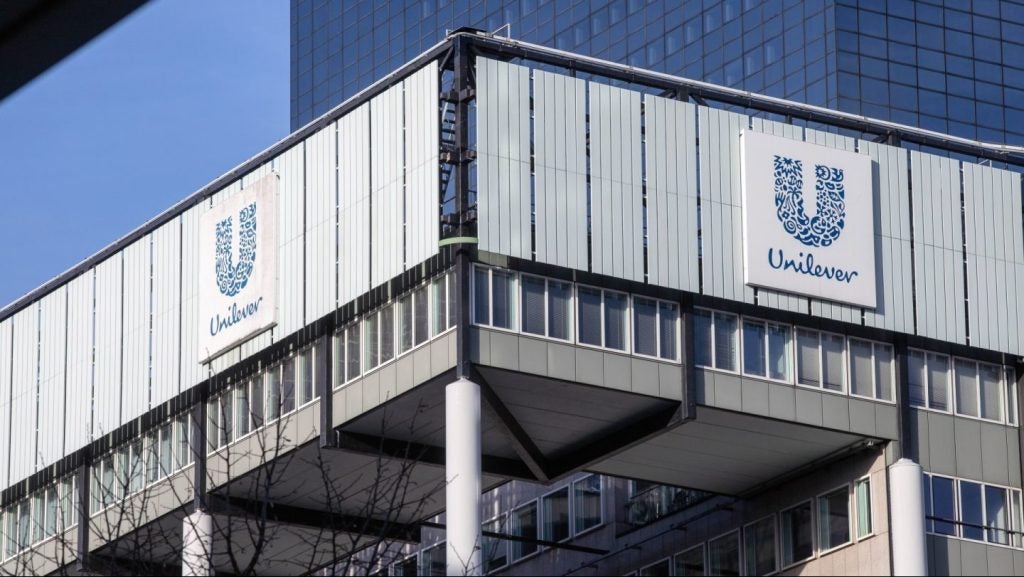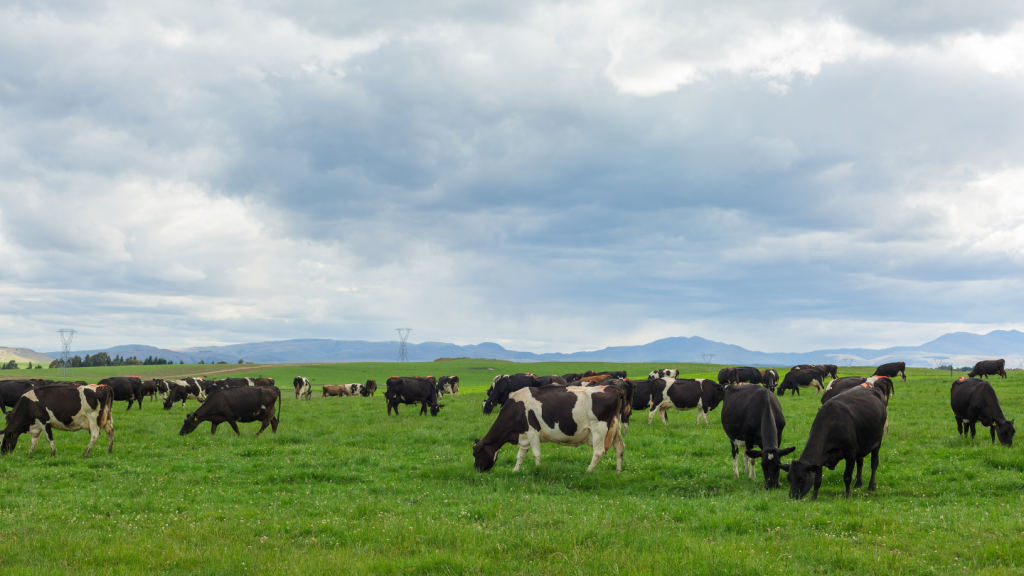Brazil-based meat giant JBS has made a new commitment to achieve net-zero greenhouse gas (GHG) emissions by 2040.
JBS claimed to be “the first major company in its sector to set a net-zero target”.
The pledge spans the company’s global operations, including Pilgrim’s Pride in the US and Moy Park in the UK, as well as its supply chain of agricultural producers, suppliers and customers.
As part of JBS’ commitment, the company has signed on to the United Nations Global Compact’s Business Ambition for 1.5°C initiative, which aligns with the aim of the Paris Agreement to limit global warming.
JBS CEO Gilberto Tomazoni said: “Climate change is the great challenge of our time and we must act urgently to combat the negative effects of global warming,
See Also:
“As one of the most diversified global food companies, we have an opportunity to leverage our scale and influence to help lead a sustainable transformation of agricultural markets that empowers producers, suppliers, customers and consumers. Agriculture can and must be part of the global climate solution. We believe through innovation, investment and collaboration, net zero is within our collective grasp.”
How well do you really know your competitors?
Access the most comprehensive Company Profiles on the market, powered by GlobalData. Save hours of research. Gain competitive edge.

Thank you!
Your download email will arrive shortly
Not ready to buy yet? Download a free sample
We are confident about the unique quality of our Company Profiles. However, we want you to make the most beneficial decision for your business, so we offer a free sample that you can download by submitting the below form
By GlobalDataJBS said it will provide a “time-bound roadmap” that provides interim targets consistent with the criteria set forth by the UN’s 1.5°C trajectory. It said it will also provide annual updates on progress to ensure transparency and disclose its financial risks linked to climate change, in line with the Task Force on Climate-related Financial Disclosure (TCFD) initiative.
The company said to get to its net-zero goal it will adopt several strategies to achieve reductions in emissions.
These include reducing direct emissions in its facilities, investing more than US$1bn over the next decade in emission reduction projects and eliminating deforestation from its global supply chain by 2035. On emissions from facilities, JBS said it will cut its “global Scope 1 and Scope 2 emission intensity by at least 30% by 2030 against base year 2019”.
Under the internationally-recognised Greenhouse Gas Protocol, an organisation’s emissions are split into three ‘scopes’. Scope 1 covers direct emissions from owned or controlled sources. A second, Scope 2, covers indirect emissions from the generation of the electricity, steam, heating and cooling bought and consumed by a reporting organisation. Scope 3 includes all other indirect emissions that occur in a company’s value chain.
JBS is also targeting the use of 100% renewable electricity in its global facilities by 2040.
And it said it will invest in research and development projects to assist producer efforts in regenerative farming, including carbon sequestration and on-farm emission mitigation technologies.




